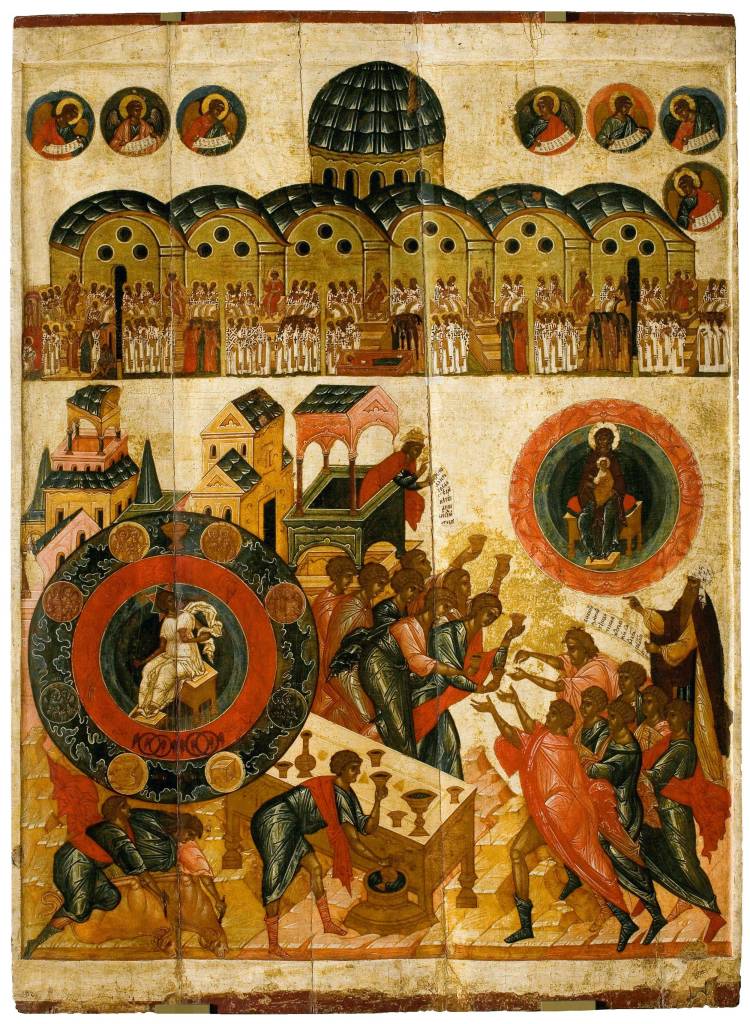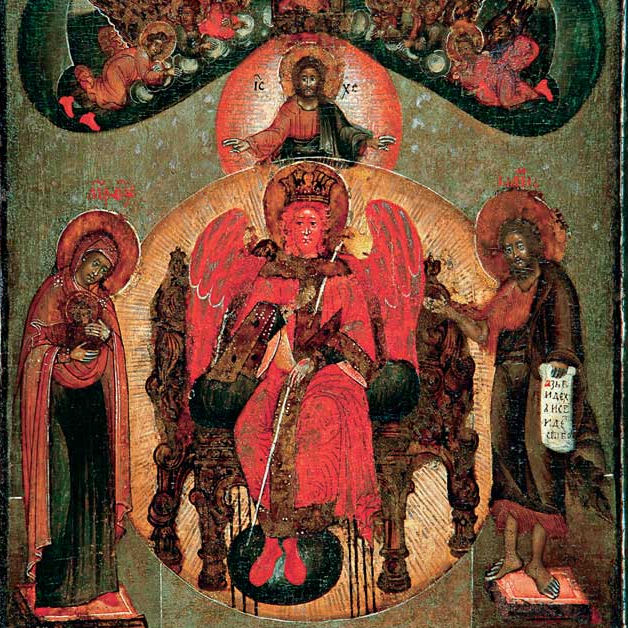
Read the Introduction
It has been a while since I first wrote on this subject, but as promised, I am finally back to it again, and here is the next post in my series on “integralism.” Even long before the present crises, there was a growing tendency in Western Christendom back to the Renaissance, Ockham, and the general substitution of Aristotle for Plato, of taking an extremely analytic view of reality. Here, instead of approaching things as unified wholes with respect for their ultimate mystery, they were broken down into their parts reduced to what we can understand.
While this approach was helpful for the progress of mathematics, the physical sciences, and technological innovation, it became problematic when applied to theology, generating decadent rationalistic “scholasticism” (not to be confused with earlier Medieval systems) and the Protestant heresies that reacted against even while they remained trapped in the same hair-splitting and legalistic spirit. The history of the Western world since the end of the Middle Ages has largely been a drive for ever-increasing divisions: between philosophy and theology, faith and reason, religion and science, and, most relevantly, Church and State.
In contrast, Eastern Christendom, though not unaffected by this revolution, has preserved to a much greater extent the quality of wholeness and unity which characterized the ancient Church and her civil order during the first millennium. The lands of the Eastern Roman Empire never experienced the loss of ancient culture in the same way as the new nations of Western Europe did; thus, they never underwent the turmoil of having it reintroduced as happened in the West, and the Slavic territories never had a high pagan antiquity to look back upon – before Byzantine Christian civilization was established, only barbarism existed.

Leave a reply to A Byzantine Perspective on Integralism – Part V – The Based Byzantine Cancel reply